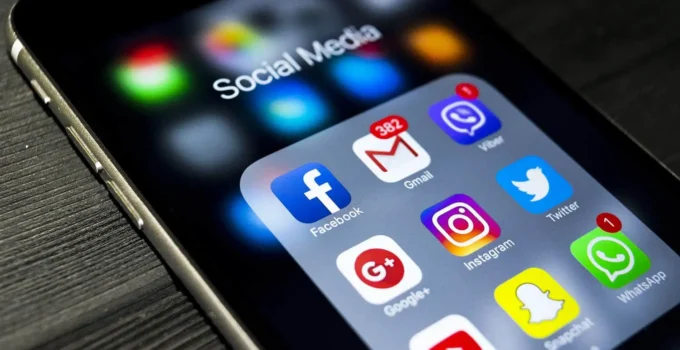Today, almost everyone has their social media accounts to connect with their peers, promote their businesses, and be updated about the latest trends around us. Although social media provides us with plenty of benefits, it also carries some drawbacks, as your privacy can be exposed when you’re not careful enough.
Because people use social media to communicate with their peers, they might have some private conversations, photos, or sensitive information that they only want to share with selective people. For example, IncrediTools has listed private Instagram viewer tools that allow other people to gain access to Instagram accounts anonymously. This may sound invasive and creepy, but it happens. However, we can boost our social media privacy to prevent such from happening. This is possible through the following:
1. Review Privacy Settings
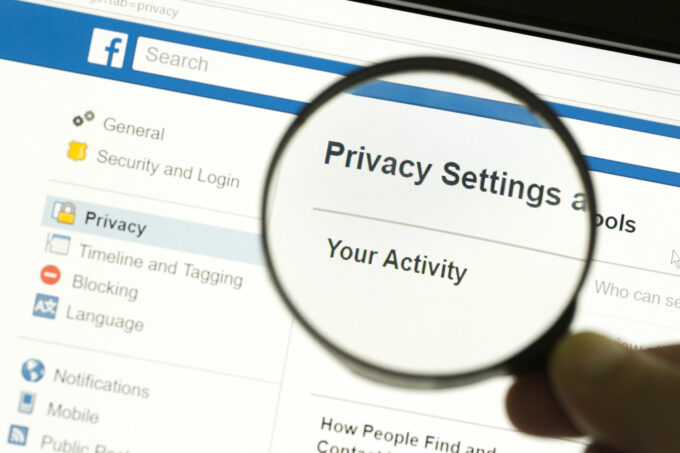
Source: zuant.com
Several social media users share their information publicly daily. Some don’t even try to hide anything in their accounts. As a responsible social media user, you should review your privacy settings to check which information is shown publicly. This helps you avoid cyberstalking because they won’t be able to see anything once they view your profile. Your data should only be visible to your family and friends to help you secure your profile.
2. Review And Change Passwords Regularly
There’s a high chance that you have multiple social media accounts (all with the same password) on various platforms. Although this strategy may work for you, it’s advisable not to have a single password for all of your social media accounts. Always make sure to change your passwords frequently because this can improve the security of your account.
3. Avoid Posting Publicly
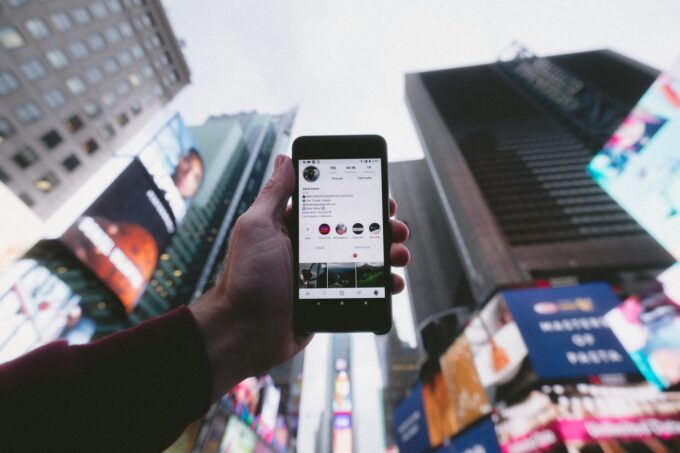
Source: unsplash.com
One thing you can do to secure your profile and avoid cyberstalking is to ensure that you’re not posting anything publicly. Should you have something special going on with your life or an upcoming vacation, it’s safer not to post them publicly because this can give cyberstalkers a chance to know your plans and where you are. Thus, always think twice when clicking that post button.
4. Limit Your Audience
Social media platforms have a feature that can allow you to limit the number of people who can see your posts. You may apply this to all of your accounts so your posts would only be visible to people you’re close with (family and friends). Limiting your posts to your family and close friends would keep your account more private, and keep away cyberstalkers from hovering over your accounts.
5. Turn Off Location Services For Your Photos
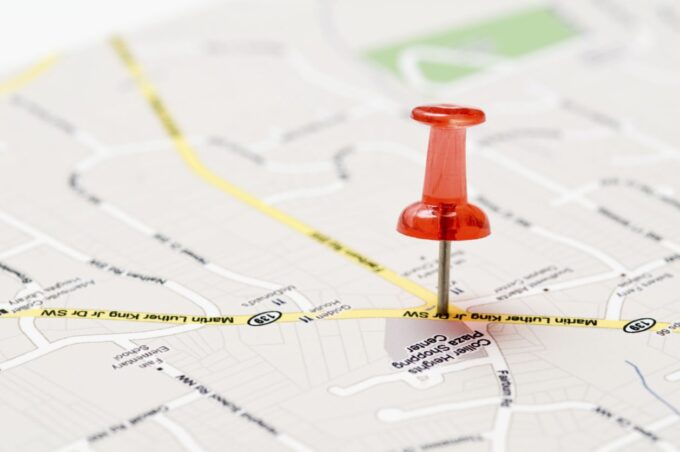
Source: lifewire.com
When posting photos online, it’s better to turn off the location services as this can be an easy way for cyberstalkers to know your current whereabouts. Your photos already show where you are, and turning on the location services for these posts makes you more vulnerable because they would now know exactly where to spot you. Thus, remember to think twice before you click that post button.
6. Avoid Using The Check-In Option
Whenever you’re out on vacation, it’s better not to use the check-in option that some social media platforms offer. Checking in on social media means you tag your current location on your social media posts, allowing people to see where you currently are. Note that if you set your profile public, this can be a way for cyberstalkers to know your location immediately. Hence, it’s better not to use this feature because your safety should be your top priority.
7. Review Friends’ List
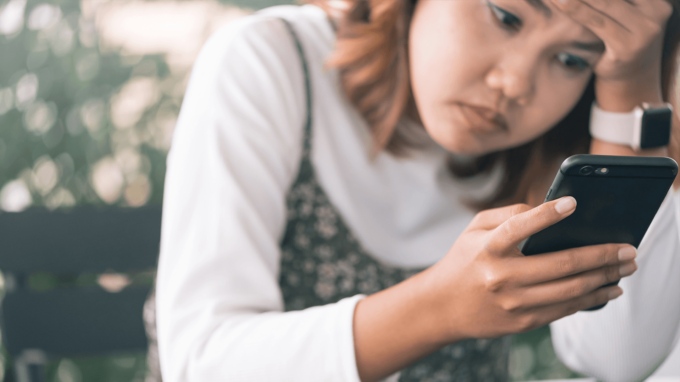
Source: kindness.sg
Consider reviewing your friends’ list now and then. There’s a chance that you have ‘friends’ you don’t even know or haven’t met yet. Some cyberstalkers may have infiltrated your account to gain access to your profile. So, reviewing your friends’ lists can help secure your profile as you will be removing people you don’t know.
8. Block Suspicious Accounts
There are times when accounts will keep sending you a friend request or follower request even though you don’t know them. If you don’t trust these accounts, it’s better to block them rather than keep rejecting them. Blocking suspicious accounts helps you avoid accepting friend requests from those you don’t know.
9. Leave Optional Fields On Your Profile Blank
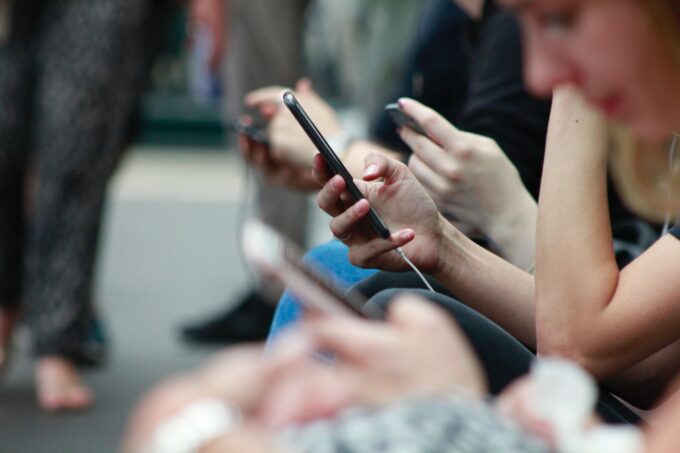
Source: unsplash.com
You’re not required to fill up all the personal information asked in social media profiles. These include gender, date of birth, or place of residence. Leave these fields blank to avoid providing further details to cyberstalkers.
10. Be Cautious With Links
There are times when you would receive links from both people you know and from random strangers. Yet keep in mind that not all links are trustworthy, and they can take you to unsafe websites once you click them. Thus, before you click on any link, ensure you verify them, so your account won’t be compromised. Even a link from someone you know can be tricky, so you need to ask them where they got the link and what it is about that made them share it. If the link they sent is confirmed dangerous, their accounts may have already been compromised, with hackers standing by to use them to lure more people.
11. Avoid Using Public Wi-Fi

Source: inc.com
Connecting to public Wi-Fi poses risks. This is because some cyberstalkers are capable of hacking and can position themselves between you and the connection point. This means that you’re not connected to the access point anymore but to the cyberstalker. The access point should receive the information you send, but it’s being sent to cyberstalkers instead. This way, they get the information you provide during your connection. Therefore, it’s best to avoid using public Wi-Fi for safety reasons.
12. Opt-In Using A VPN
If there are no options and you need to connect to the internet over the public Wi-Fi, consider using a virtual private network (VPN). With VPN, the data you send over a Wi-Fi network will be unreadable. Using a VPN can also keep your data secure, which helps you avoid being stalked by those with malicious intents.
Takeaway
Your social media privacy should be of utmost importance as you have to ensure to keep yourself safe from cyberstalkers. Be careful not to give them a chance to cause harm to you and your family because they know your whereabouts and what you usually do. You have nothing to worry about when you set the correct privacy settings and practice safe social media behavior.

